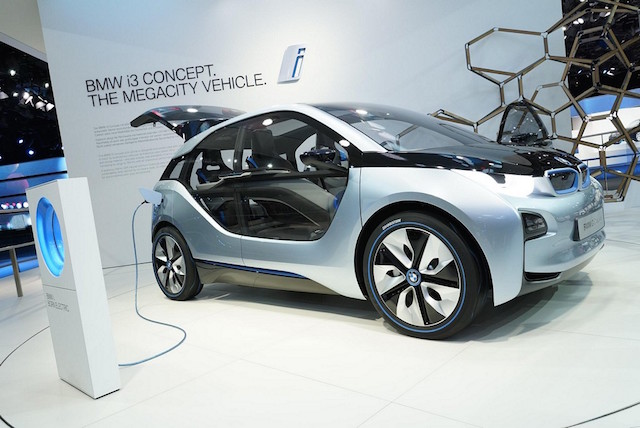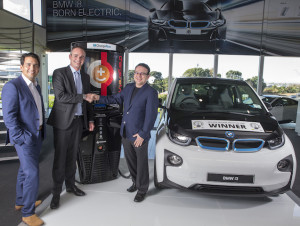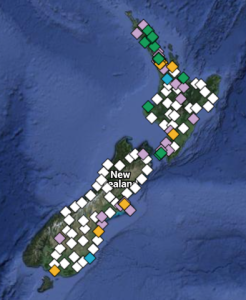
BMW is the latest company to team with electric vehicle (EV) support group Charge Net NZ to help build a nationwide network of fast-charge stations for EVs.

The luxury German carmaker joins big trading names like The Warehouse, Noel Leeming, Pack’n’Save, Z Energy, Caltex, along with North and South Island power suppliers, to help set up more than 100 fast-charge stations through the country by the end of next year.
Each one will be able to charge an EV to 80 per cent capacity in around 30 minutes, in turn allowing owners of EVs more room to move throughout New Zealand without being shackled by ‘range anxiety’, or where the distance between charge stations is irregular.
The travel range of most entry-level battery electric vehicles is 100km before recharging. Owners will be able to pay for the energy boost with a BMW-Charge Net NZ-branded ‘Charge Now’ debit card.
Charge Net NZ chief executive Steve West welcomed the partnership in BMW’s centenary year and the support of its head office in Munich, Germany.

“I truly believe that the electrification of the fleet is the future of New Zealand, and BMW is showing impressive leadership by offering such a range of plug-in vehicles, and supporting the New Zealand market so actively,” said West.
The proliferation of fast-charge stations, for instance, would help owners of the BMW i3 tackle longer distances, said the carmaker’s NZ managing director Florian Renndorfer.
“While the BMW i3 was designed as a mega-city vehicle, the extended range available on the latest BMW i3 94Ah means it can now be a mega-country vehicle too.”
The upcoming i3 94Ah Battery Electric Vehicle (BEV) offers up to 200km range from its lithium-ion battery pack, while the Range-Extended i3 (REx) adds 150km from an on-board petrol engine.
New Zealand is one of the most EV-ready countries in the world, with around 80 per cent of its electricity generated from renewable sources. Norway is the renewable leader.
Charge Net NZ is providing 100 per cent renewable energy into their charging stations. The NZ Government wants to double the number of electric vehicles every year to reach 64,000 by 2021 (about 2 per cent of NZ’s current light vehicle fleet).
